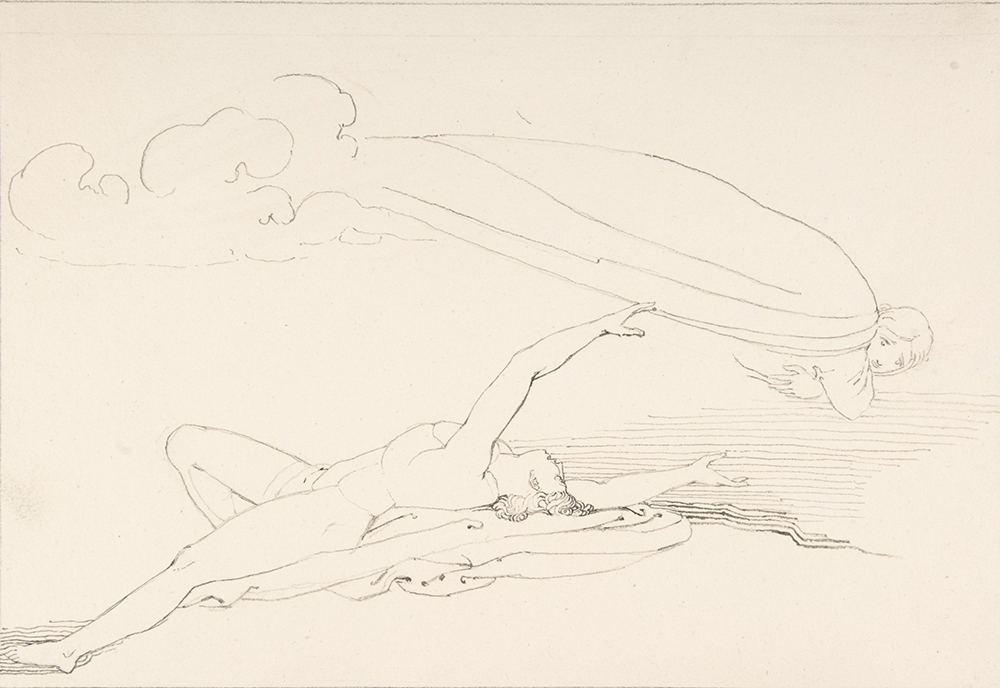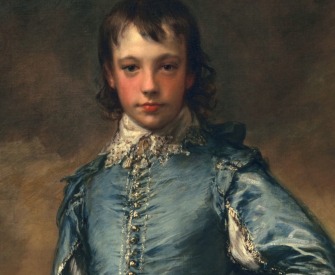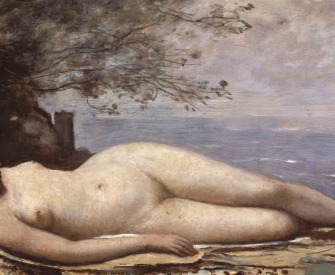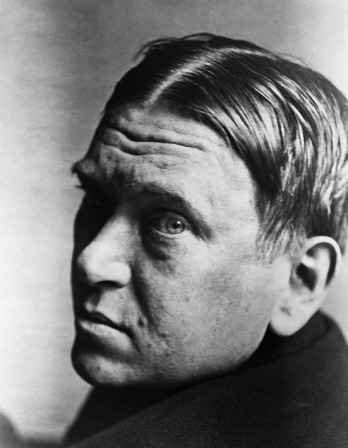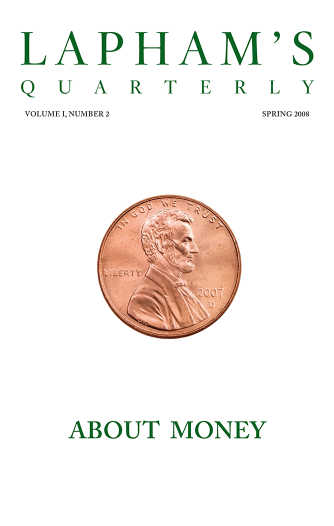About the beginning of this winter, Frederick and Deslauriers were chatting by the fireside, once more reconciled by the fatality of their nature, which made them always reunite and be friends again.
They each proceeded to summarize their lives.
They had both failed in their objects—the one who dreamed only of love and the other of power.
What was the reason of this?
“It is perhaps from not having taken up the proper line,” said Frederick.
“In your case that may be so. I, on the contrary, have sinned through excess of rectitude, without taking into account a thousand secondary things more important than any. I had too much logic, and you too much sentiment.”
Then they blamed luck, circumstances, the epoch at which they were born.
Frederick went on: “We have never done what we thought of doing long ago at Sens, when you wished to write a critical history of philosophy and I a great medieval romance about Nogent, the subject of which I had found in Froissart: ‘How Messire Brokars de Fénestranges and the Archbishop of Troyes attacked Messire Eustache d’Ambrecicourt.’ Do you remember?”
And exhuming their youth with every sentence, they said to each other, “Do you remember?”
They saw once more the college playground, the chapel, the parlor, the fencing school at the bottom of the staircase, the faces of the ushers and of the pupils—one named Angelmare, from Versailles, who used to cut off trouser straps from old boots, Monsieur Mirbal and his red whiskers, the two professors of linear drawing and large drawing, who were always wrangling, and the Pole, the fellow countryman of Copernicus, with his planetary system on pasteboard, an itinerant astronomer whose lecture had been paid for by a dinner in the refectory, then a terrible debauch while they were out on a walking excursion, the first pipes they had smoked, the distribution of prizes, and the delightful sensation of going home for the holidays.
It was during the vacation of 1837 that they had called at the house of the Turkish woman.
This was the phrase used to designate a woman whose real name was Zoraide Turc, and many persons believed her to be a Muhammadan, a Turk, which added to the poetic character of her establishment, situated at the water’s edge behind the rampart. Even in the middle of summer, there was a shadow around her house, which could be recognized by a glass bowl of goldfish near a pot of mignonette at a window. Young ladies in white nightdresses, with painted cheeks and long earrings, used to tap at the panes as the students passed, and as it grew dark, their custom was to hum softly in their hoarse voices at the doorsteps.
This home of perdition spread its fantastic notoriety over all the arrondissement. Allusions were made to it in a circumlocutory style: “The place you know—a certain street—at the bottom of the Bridges.” It made the farmers’ wives of the district tremble for their husbands, and the ladies grow apprehensive as to their servants’ virtue, inasmuch as the subprefect’s cook had been caught there; and to be sure, it exercised a fascination over the minds of all the young lads of the place.
Now one Sunday, during vesper time, Frederick and Deslauriers, having previously curled their hair, gathered some flowers in Madame Moreau’s garden, then made their way out through the gate leading into the fields and, after taking a wide sweep around the vineyards, came back through the fishery and stole into the Turkish woman’s house with their big bouquets still in their hands.
Frederick presented his as a lover does to his betrothed. But the great heat, the fear of the unknown, and even the very pleasure of seeing at one glance so many women placed at his disposal excited him so strangely that he turned exceedingly pale and remained there without advancing a single step or uttering a single word. All the girls burst out laughing, amused at his embarrassment. Fancying that they were turning him into ridicule, he ran away. And as Frederick had the money, Deslauriers was obliged to follow him.
They were seen leaving the house, and the episode furnished material for a bit of local gossip that was not forgotten three years later.
They related the story to each other in a prolix fashion, each supplementing the narrative where the other’s memory failed, and when they had finished the recital: “That was the best time we ever had!” said Frederick.
“Yes, perhaps so, indeed! It was the best time we ever had,” said Deslauriers.
From Sentimental Education. In 1869, twelve years after being acquitted on charges of obscenity for his debut novel, Madame Bovary, Flaubert published this tale of youthful disillusionment, which was similarly denounced as vulgar by reviewers. The critic Francisque Sarcey described the experience of reading it as a “sort of withering of the soul, which goes so far as nausea.” “These gentlemen protest in the name of morality and the ideal!” Flaubert wrote in a letter to George Sand. “I don’t give a damn, mind you, but I am nonetheless astonished by so much hatred—and bad faith.”
Back to Issue

